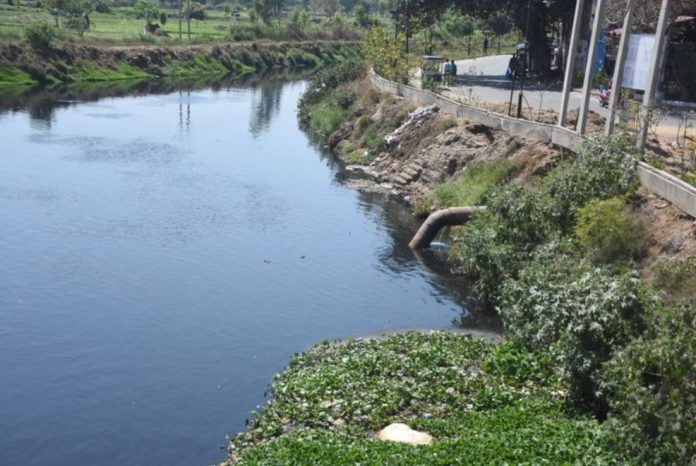Ludhiana’s battle against industrial pollution has reached a decisive stage. The National Green Tribunal (NGT) has strongly criticised the city’s dyeing industry, blaming “years of unchecked pollution” and “institutional failure” of common effluent treatment plants (CETPs) meant to handle toxic waste.
This action follows petitions from the Public Action Committee (PAC), Mattewara, exposing serious violations by three CETPs. These plants continue to discharge treated wastewater into Buddha Nullah — a stream already polluted by household and industrial waste — which eventually flows into the Sutlej river, a key source of drinking water.
The NGT has given the Ministry of Environment, Forest and Climate Change (MoEF&CC) two months to complete its proceedings. It has also ordered the Punjab Pollution Control Board (PPCB) to submit a detailed report on violations, environmental fines, and recovery status. All concerned parties must file compliance affidavits before the next hearing on October 7.
The three CETPs — with capacities of 15 MLD, 40 MLD, and 50 MLD — were found violating environmental clearance norms for a long time. Issues include failure to follow Zero Liquid Discharge (ZLD), no valid consent to operate, and unauthorised effluent discharge. The MoEF&CC confirmed that all three are still releasing treated water into Buddha Nullah. Even after a penalty of ₹10 crore, the plants remain functional.
Bobby Jindal, president of the Punjab Dyers Association, admitted only partial compliance:
“There are about 300 dyeing units in Ludhiana. CETPs have to meet nearly 20 norms. Usually, 17–19 are followed, but not all 20,” he said.
He also blamed poor infrastructure:
“The plan was to discharge treated water into Lower Buddha Nullah, 22 km away, reaching Moga. But the channel for this was never built, so the waste still flows into Buddha Nullah.”
Industry Minister Sanjeev Arora, who recently took charge, said the issue is his top priority:
“The action plan for building the channel is ready and will soon be sent for government approval.”
The MoEF&CC audit also found deeper flaws — no online monitoring, no agreements with member industries, unauthorised hazardous waste handling, and lack of compliance reports.
PPCB Chief Engineer Raj Kumar Ratra was unavailable for comment.
PAC member Kapil Arora called the NGT’s order a milestone:
“It proves years of administrative neglect and shows how citizen-led action can bring accountability.”


